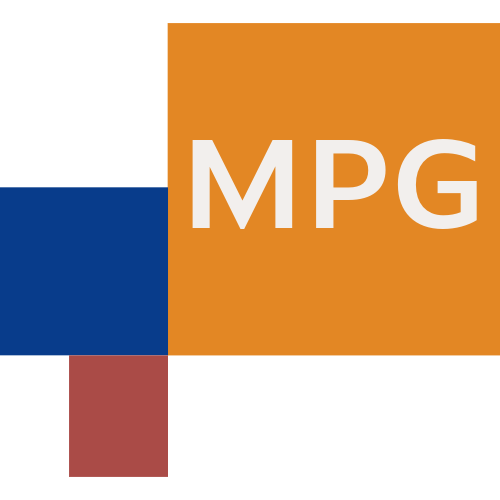menu
menu
Menu
cancel
- arrow_back_iosBacknavigate_nextpersonPersonal
- groupCommunities
- articleBlogs
- eventEvents
- sourceTemplates
- question_answerQuestions
- schoolLearning
- business_centerBusiness
- live_helpFAQ
How can businesses ensure compliance with the latest standards in environmental, social, and governance (ESG) reporting to effectively communicate sustainability initiatives to stakeholders?
What are the key components that make an anti-corruption policy effective in both public and private sectors?
How can transparency and accountability measures be incorporated into anti-corruption policies to ensure their successful implementation and enforcement?
What role do international organizations and agreements, such as the United Nations Convention against Corruption (UNCAC), play in shaping national anti-corruption policies?
**How do real-time monitoring systems collect and process data to provide immediate insights, and what are the most critical technologies involved in this process?
2. **What are the primary benefits and potential challenges of implementing real-time monitoring solutions in industries such as healthcare, manufacturing, and finance?
3. **How does real-time monitoring contribute to improving decision-making processes, and what are some examples of successful real-time monitoring implementations in businesses?
How can businesses effectively measure and communicate their social impact to stakeholders, including customers, employees, and investors?
In what ways can technology be leveraged to enhance social impact initiatives, particularly in underserved communities?
What are the challenges and opportunities associated with implementing sustainable practices that aim to deliver positive social impact in global supply chains?
